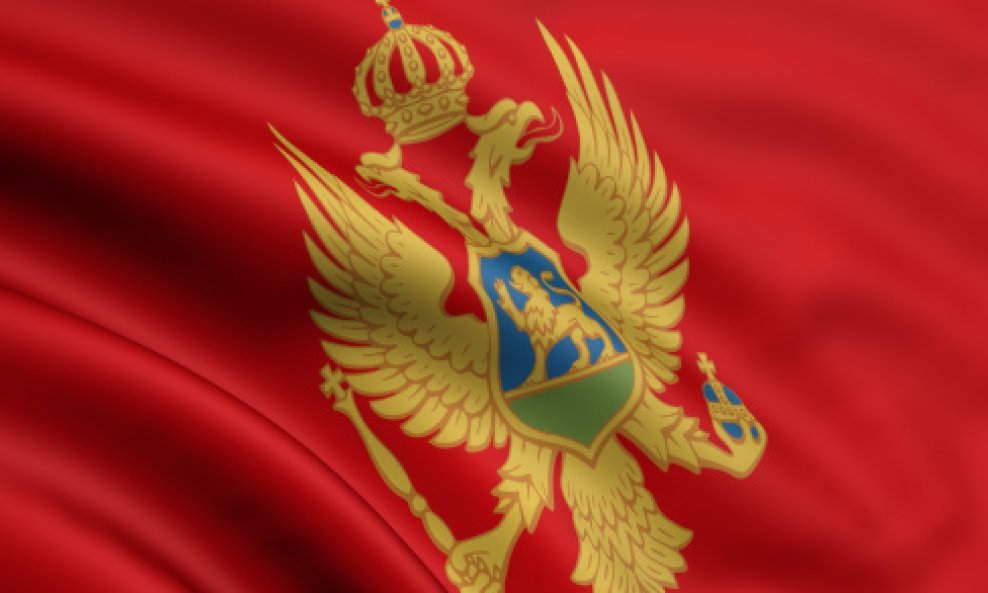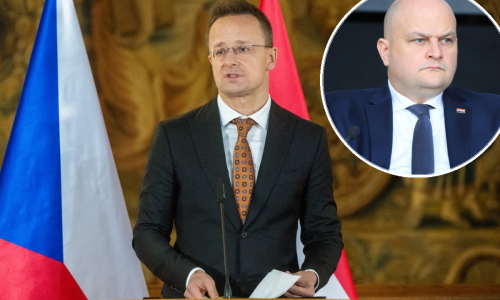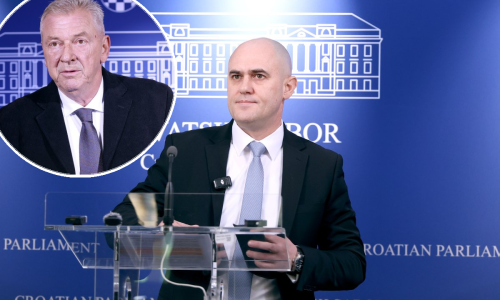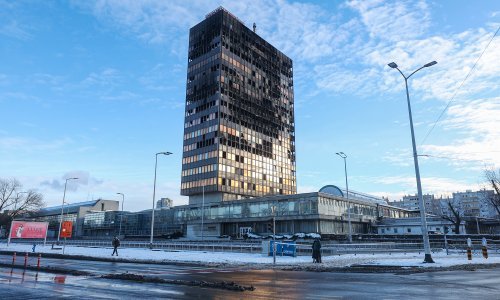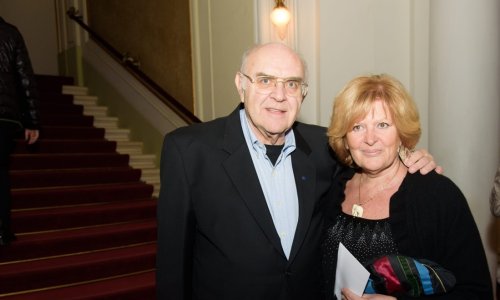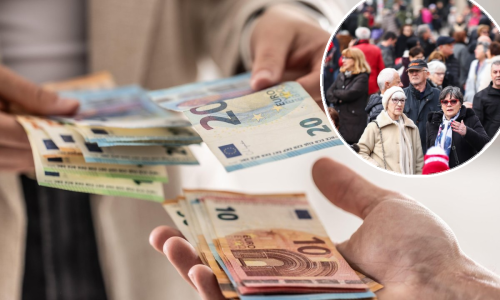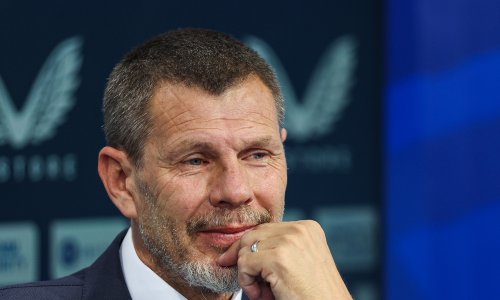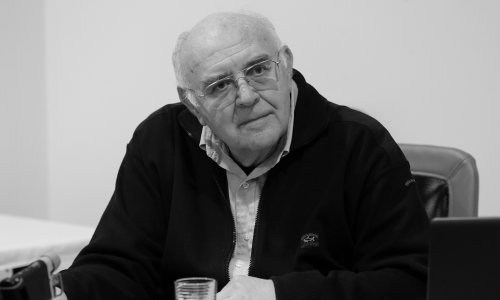Montenegro's accession negotiations with the European Union were officially opened at a conference in Brussels on Friday and concrete negotiations on each policy chapter will begin after a comparison of Montenegro's legislation and the acquis communautaire.
Before the negotiations were opened, EU leaders formally confirmed the recommendations they adopted at a ministerial level earlier this week that the talks be opened. The negotiations will be based on a new approach, with the two most important policy chapters opened first - "Judiciary and Fundamental Rights" and "Justice, Freedom and Security" - and closed last.
Enlargement Commissioner Stefan Fuele told reporters the screening in those two chapters would be completed next year, which means that no chapters will be opened this year.
The new approach is the result of past experience in the accession negotiations and is aimed at preventing countries from joining the EU unready.
Montenegro was represented at today's conference by Foreign Minister Milan Rocen and the EU by Fuele and Danish Minister for Europe Nicolai Wammen.
Wammen told reporters the opening of the negotiations was the result of reforms undertaken by Montenegro in recent years.
Fuele said Montenegro would have to work hard in the negotiations, adding that there was no free pass to the EU and that the reforms were not carried out because of Brussels but because of Montenegro.
Montenegro was granted EU candidate status in December 2010. Last December, the European Council entrusted the Commission with evaluating Montenegro's reform progress, notably in the rule of law, fundamental rights, and the fight against corruption and organised crime, with a view to launching the negotiations in June.
The European Commission adopted a progress report on May 23, recommending the opening of the negotiations with the conclusion that Montenegro had made progress in the rule of law and the fight against corruption and organised crime, and that it had reached the necessary level of alignment.
The European side underscores that it pays special attention to the rule of law and fundamental rights, and calls on Montenegro to deal with the issues mentioned in the latest progress report, including independence of the judiciary and the fight against corruption and organised crime.



